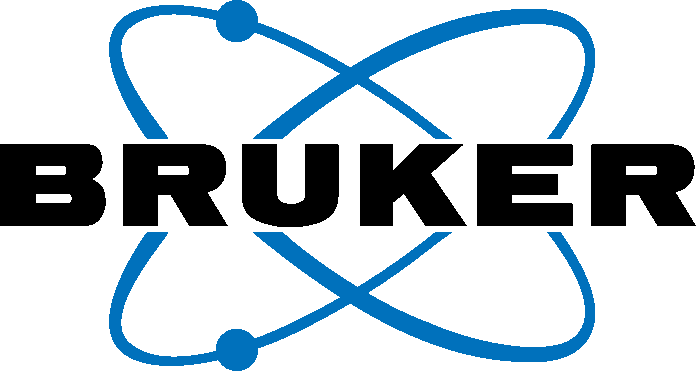This brief account contains some basic facts about Croatia, its people and their contribution to science and technology.
Croatia is both a Central European and Mediterranean country, and owing to its geographical position it is culturally diverse. Croats came to the Adriatic Sea fourteen centuries ago. Originally a Slavic people, they founded a new homeland where they met the Illyrians, the Romans and Greek colonists.
The tradition and culture of these ancient peoples left significant traces in the history of Croatia. For many centuries Croatia has been surrounded by different cultures, Italian, German, Hungarian, and was partly exposed to Oriental influences through several centuries of Turkish presence in neighbourhood. Thus Croatia has become a unique destination in Europe for tourists from all over the world. Croatia is also a country with a long-standing industrial tradition.
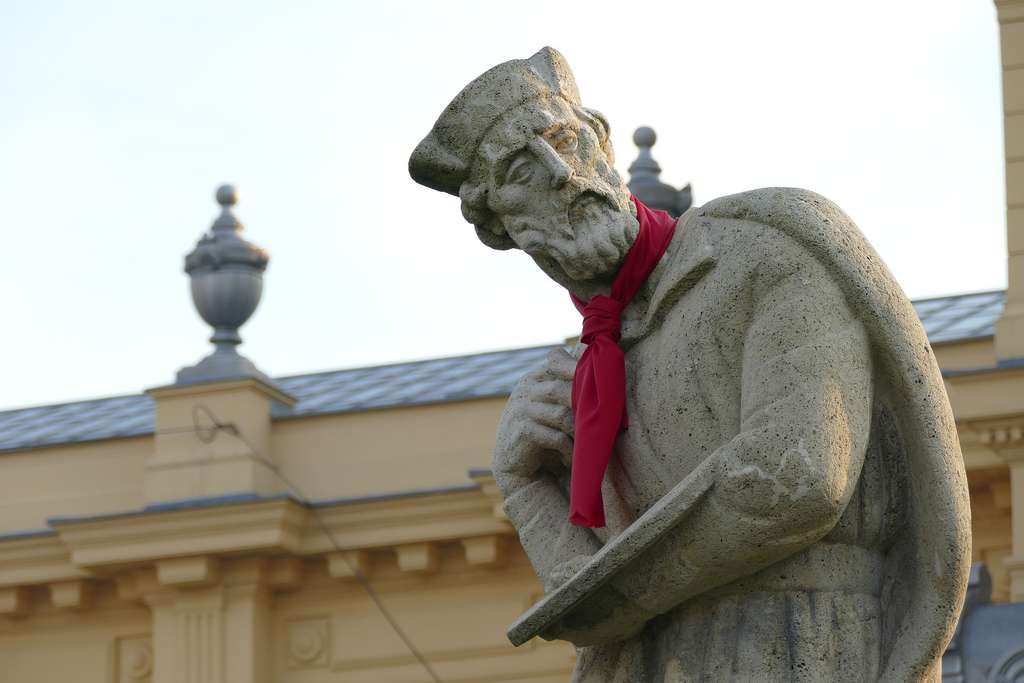
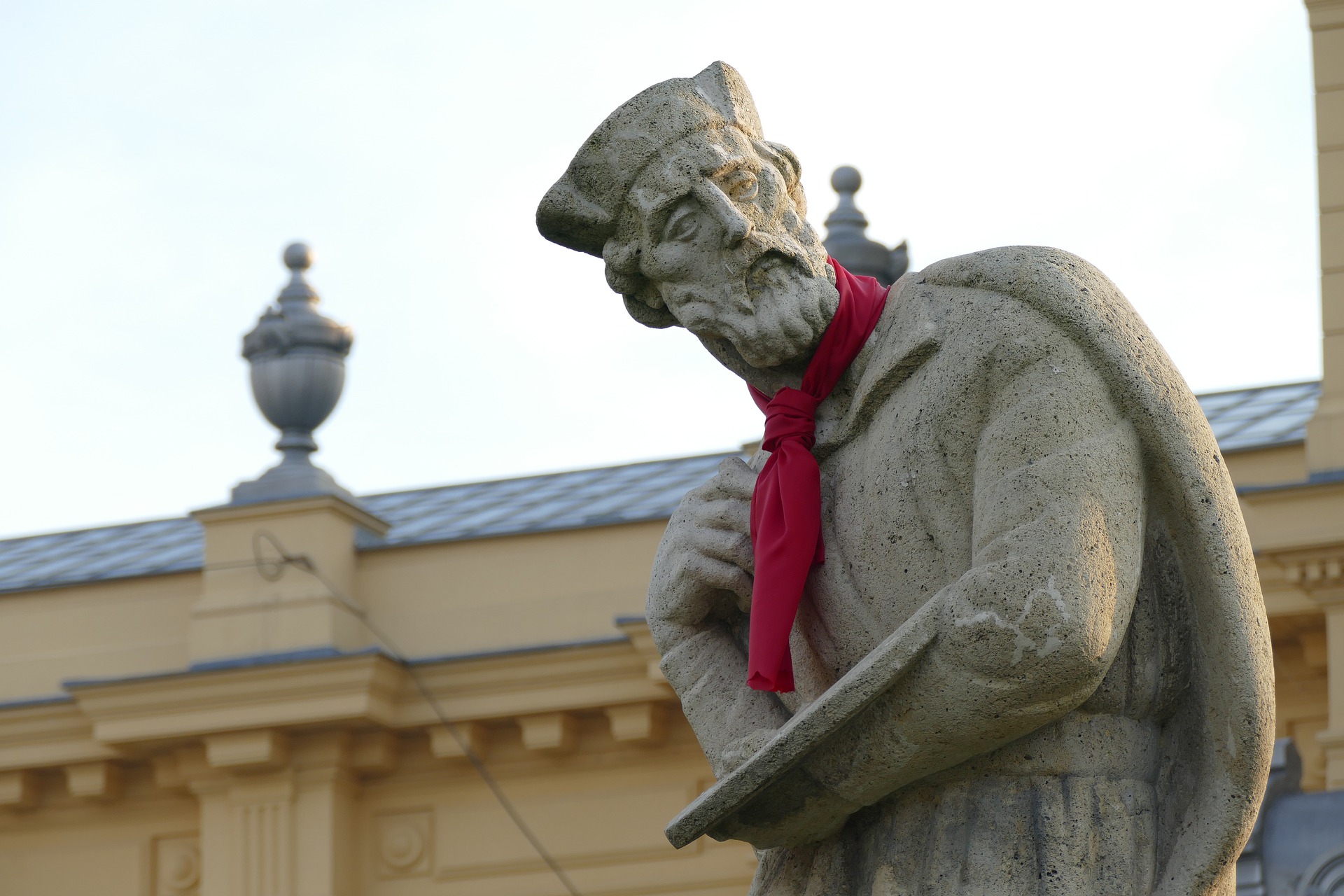
There are several universities, the oldest among them is the University of Zagreb founded in 1669, and many scientific institutions, notably the Ruđer Bošković Institute located in Zagreb. Educated people of literature and science in the spirit of their times first emerged in the Middle Ages in the Croatian towns along the Adriatic coast, under the influence of Venice and the Italian Renaissance.
Among many towns in that age one stands out in particular, jewel of the Mediterranean, the city of Dubrovnik, which for many centuries was known as the Republic of Dubrovnik. The poet Marko Marulić of Split was a central figure of that period. His epic poem Judith written in Croatian marks the birth of Croatian literature. Herman Dalmatin (astronomy, translations of important Arabic texts), active in Spain and France at the beginning of the twelfth century, is considered to be our first scientist. Ivan Česmički-Pannonius (a poet with interest in astronomy and astrology), Pietro Buono (a theoretical alchemist, Trogir), Gjin Gazulli-Gazulus (an astrologist, Dubrovnik) also contributed to science in the medieval period.
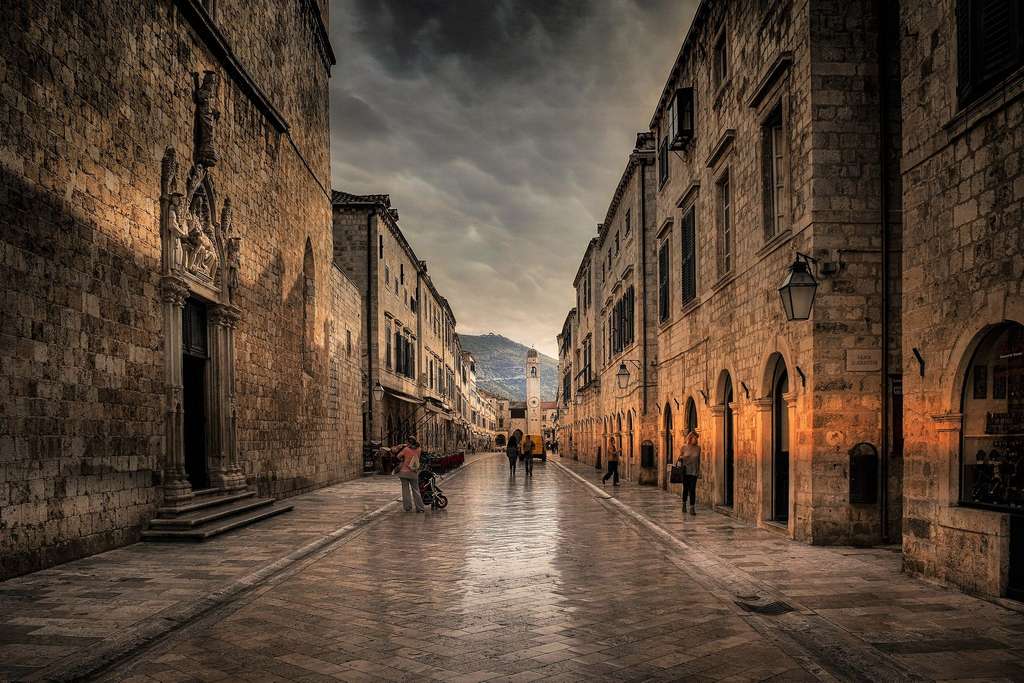
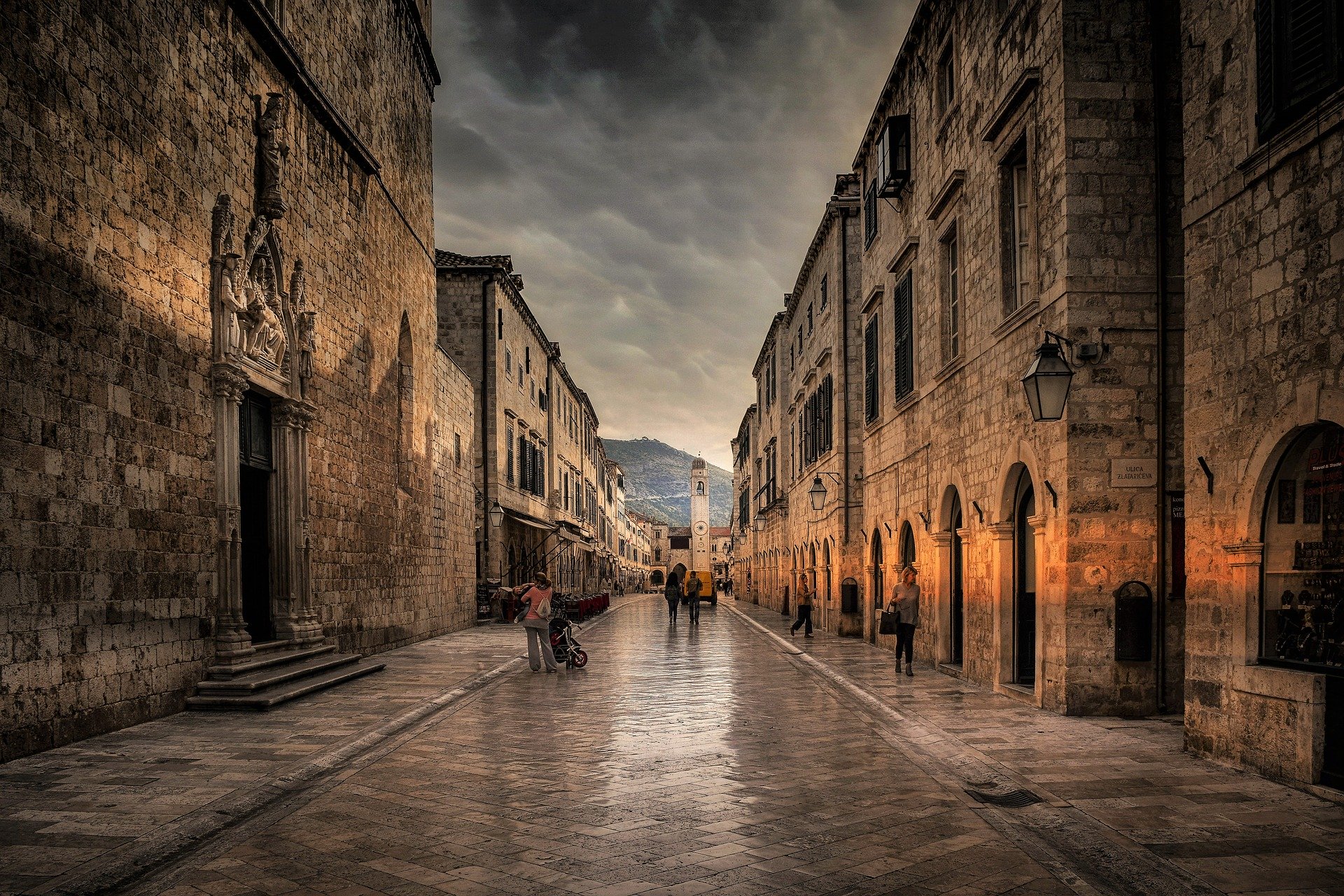
In the seventeenth century Croatia gave several great scientists, such as Marin Getaldić (optics, Dubrovnik), Marko Antun De Dominis (theory of the rainbow, the telescope, Split) and Faust Vrančić (a famous constructor and engineer, Šibenik, Padua). Ruđer Bošković, the greatest of all of them, was born in Dubrovnik in the eighteenth century, and active in Rome, Milan and Paris. His concept of the structure of matter, published in the work Theory of Natural Philosophy, had a strong influence on the development of physics at the time, and we consider that a most valuable Croatian contribution to the world of science. In 19th century, Bishop Josip Juraj Strossmayer founded the South Slav Academy of Sciences and Arts (today: Croatian Academy of Sciences and Arts) in Zagreb.
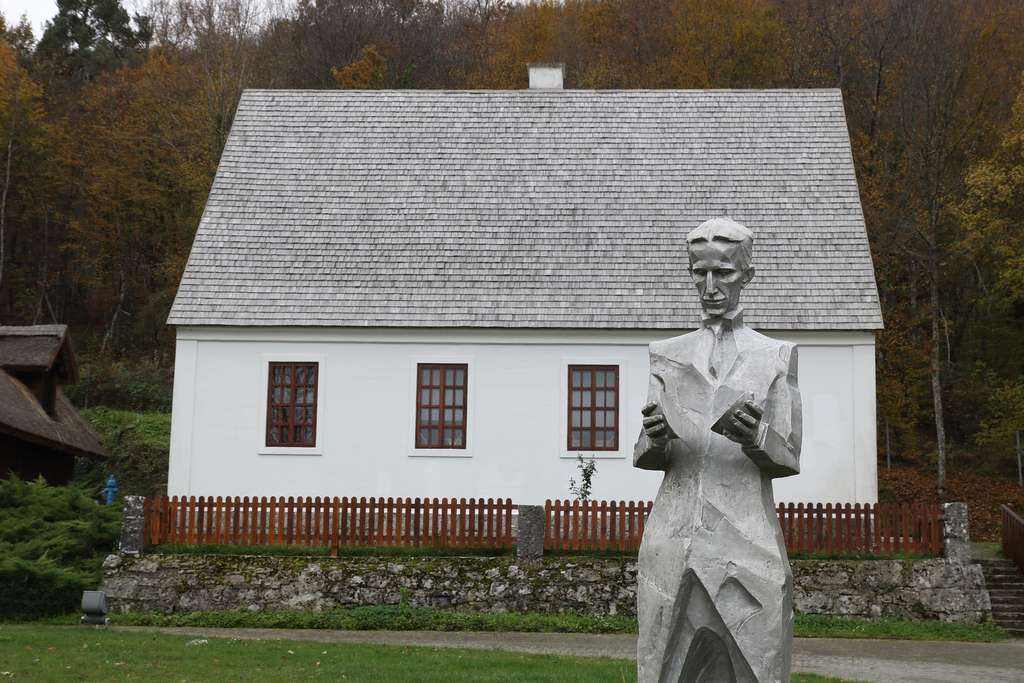
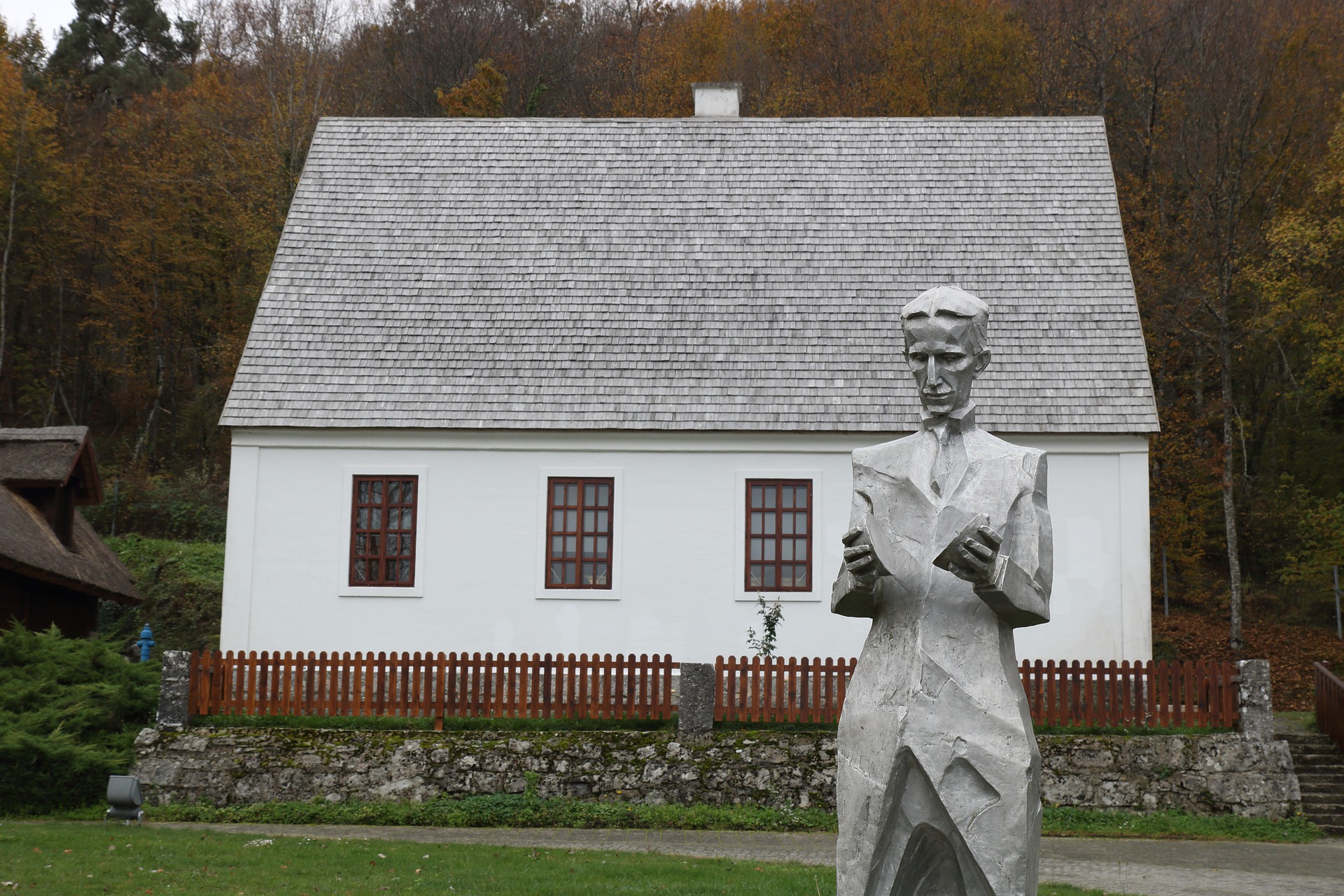
Nikola Tesla, born in Smiljan, Croatia, was our greatest representative in the field of technical sciences, and it is impossible to imagine today’s world without his inventions of the late 19th and early 20th centuries. He is the only scientist from all the Slavic nations to have a physical unit named after him (the tesla, T, for magnetic flux density). In the twentieth century Lavoslav Ružička (Vukovar) and Vladimir Prelog (Osijek) were awarded Nobel Prizes in chemistry. Let us also mention Andrija Mohorovičić (the Moho discontinuity) who is one of the most prominent earth scientists of the 20th century, and Milutin Milanković, recognized as a founder of cosmic climatology.
More information can be found on official website of the Croatian National Tourist Board: https://croatia.hr/en-gb.



